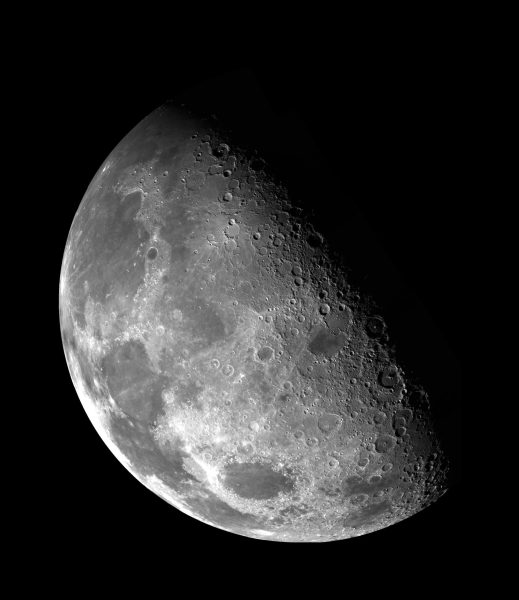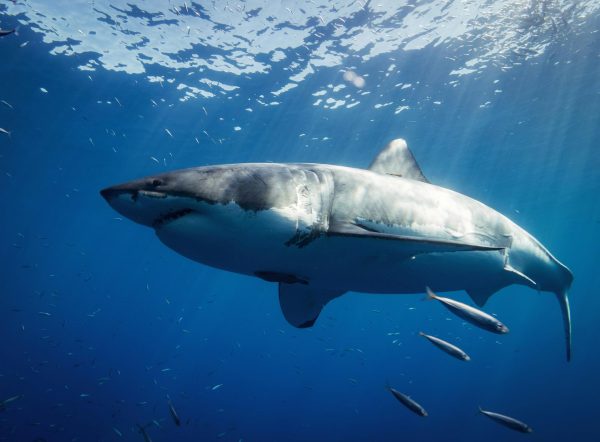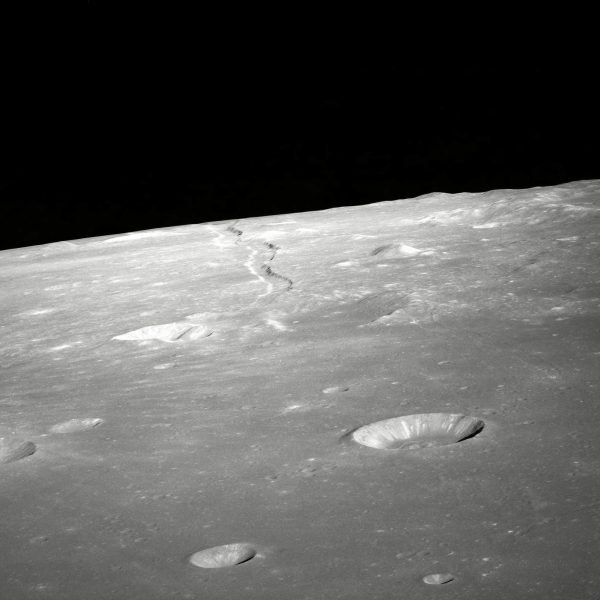SpaceX Spells a New Future for Humans in Space
March 18, 2021
While the future of commercial spaceflight may be unclear, Elon Musk’s SpaceX will be at the forefront of the field. After a record-breaking 26 launches in 2020, SpaceX has completed 110 launches since 2010, 108 considered successful. The private company flew the first orbital manned missions from the United States since the space shuttle fleet was grounded in 2011. SpaceX has indisputably cemented itself a role in the United States’ return to space. Their Falcon line of rockets, a major step towards reusable rockets that can carry a layman to space, will be a vital part of that role.
SpaceX’s Starlink line of satellites, intended to provide Internet service, is in beta testing and is looking to dramatically expand. With an array of 900 satellites, SpaceX already controls a plurality of the satellites in the night sky. They have a $900 billion contract in grants from the FCC to provide broadband service to rural America. With plans to launch up to 12000 through current permissions, with paperwork filed for up to 30000 more, SpaceX could easily take up the majority of our orbit to provide Internet service to even the most remote areas of the world.
SpaceX’s successes would not be possible without their reusable Falcon 9 rocket, which was utilized in all 26 launches of 2020. In 26 launches, the rocket could be reused 23 times, including under more stressful conditions such as strong wind. Coming into 2020, the company had never launched a Falcon 9 booster seven times at all, but, coming out, they managed to pull it off twice in less than two weeks. This reuse is completely unparalleled in the launch industry, and no other company has managed to pull off what they have accomplished. Overall, with another optimistic year for SpaceX ahead of us, we’ll slowly move closer towards imagining the possibilities when NASA, SpaceX, and reusable rockets combine.












